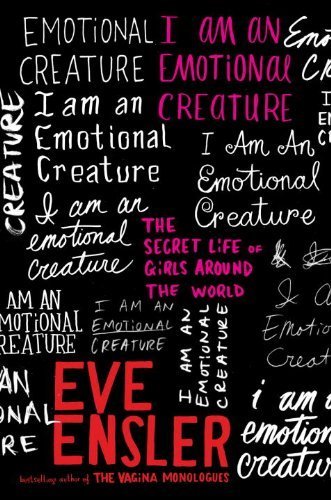This time the subject of suggestion for widening of the horizons is a novel of herself and not an author.
While the author - Jeffrey Eugenides - is brilliant and outstanding, Middlesex (2002) is a masterpiece not only because of its literary depth but also because of the anthropological interest for everybody passionate about questions of gender and socialization into one, customs and morality, and their malleability.
Middlesex is the perfect combination of a coming-of-age story and a family saga. Imagine all the confusion and pain growing-up being a third-generation immigrant in the stagnating US of late XX century when a conflicting sexual/gender identity is piled onto that. Eugenides is perfectly compassionate and loves his characters, therefore the depiction of sexualities are very decent and have been praised for their humanity/veracity (and no looking-for-a-shocker to be found here). People stories, you know. Family secrets. First loves. becoming yourself.
If you need any more persuasion, well, it won a Pulitzer, too.
While the author - Jeffrey Eugenides - is brilliant and outstanding, Middlesex (2002) is a masterpiece not only because of its literary depth but also because of the anthropological interest for everybody passionate about questions of gender and socialization into one, customs and morality, and their malleability.
Middlesex is the perfect combination of a coming-of-age story and a family saga. Imagine all the confusion and pain growing-up being a third-generation immigrant in the stagnating US of late XX century when a conflicting sexual/gender identity is piled onto that. Eugenides is perfectly compassionate and loves his characters, therefore the depiction of sexualities are very decent and have been praised for their humanity/veracity (and no looking-for-a-shocker to be found here). People stories, you know. Family secrets. First loves. becoming yourself.
If you need any more persuasion, well, it won a Pulitzer, too.






